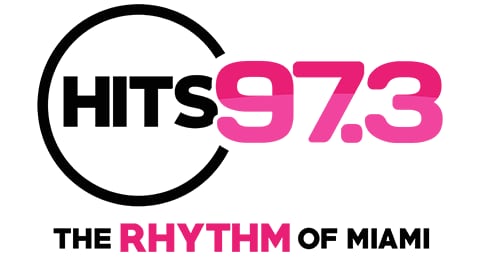In a groundbreaking initiative, students at Roberta T. Smith Elementary School in Rex, Georgia, are experiencing a profound shift in their daily school life. The school has introduced meditation breaks, and the results have been overwhelmingly positive. Third-graders are now taking mid-day pauses to listen to guided meditation recordings and practice a simple yet effective exercise known as the “shark fin” technique, which involves tracing their thumb from their forehead to their heart.
According to the Associated Press, students are reporting increased feelings of peace and relaxation as a result of these mindfulness sessions. Nine-year-old Aniyah Woods shared her experience: “It made me feel peaceful.” Her classmate, Malachi Smith, echoed these sentiments, saying, “You can relax yourself with the shark fin, and when I calm myself down, I realize I am an excellent scholar.”
This initiative is part of a broader partnership between Clayton County Public Schools and the GreenLight Fund Atlanta, which has funded the mindfulness program provided by Inner Explorer. The program aims to address mental health challenges among students, particularly in communities of color. GreenLight Fund Atlanta’s executive director, Joli Cooper, highlighted a critical issue: “The number of children of color with suicidal thoughts and success is quite high,” and there is a significant shortage of psychologists of color to support these students.
The importance of mental health support in schools is underscored by a recent report from the U.S. Centers for Disease Control and Prevention (CDC), which found that Black students are more likely to attempt suicide compared to their peers of other races and ethnicities. The CDC emphasizes that school interactions play a crucial role in student mental health, advocating for classroom-based mindfulness activities like meditation and mindful movement to promote emotional well-being.
The CDC’s research supports the effectiveness of such programs, noting that mindfulness practices can reduce anxiety and depressive symptoms among students. For example, the agency has observed lower anxiety ratings among elementary-aged girls and fewer symptoms of anxiety and depression in high school students. These activities provide students with valuable coping tools before they reach a mental health crisis, with some studies suggesting that meditation can be as effective as medication for managing anxiety.
At Roberta T. Smith Elementary, the benefits of mindfulness go beyond just the students. Assistant Principal Tolana Griggs highlighted the importance of addressing mental health in a diverse community: “With our diverse school community and wanting to be more aware of our students, how different cultures feel and how different cultures react to things, it’s important to be all-inclusive with everything we do.”
CDC Director Dr. Mandy Cohen also emphasized the need for practical skills to help teens navigate their emotions: “There are real skills that we can give our teens to make sure that they are coping with some big emotions.”
This initiative at Roberta T. Smith Elementary School exemplifies a proactive approach to mental health, showing that simple mindfulness practices can have a meaningful impact on students’ well-being. As schools across the country grapple with rising mental health concerns, programs like these offer a hopeful glimpse into the power of mindfulness in fostering a supportive and inclusive learning environment.












